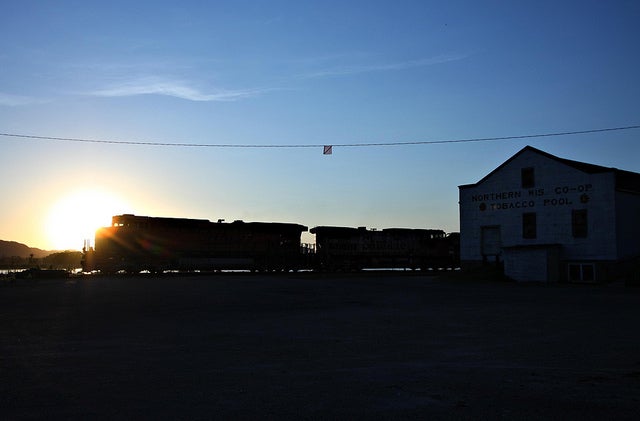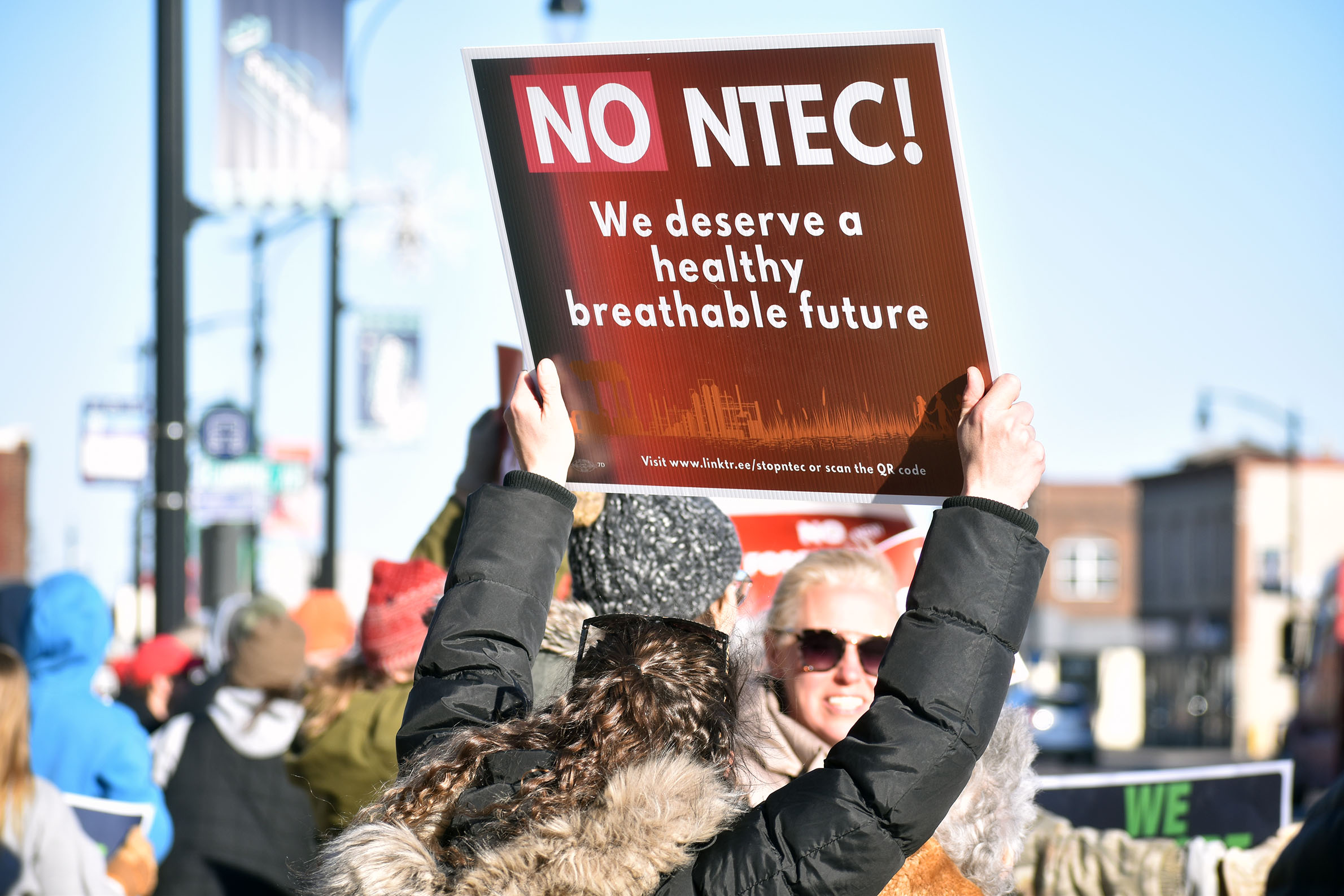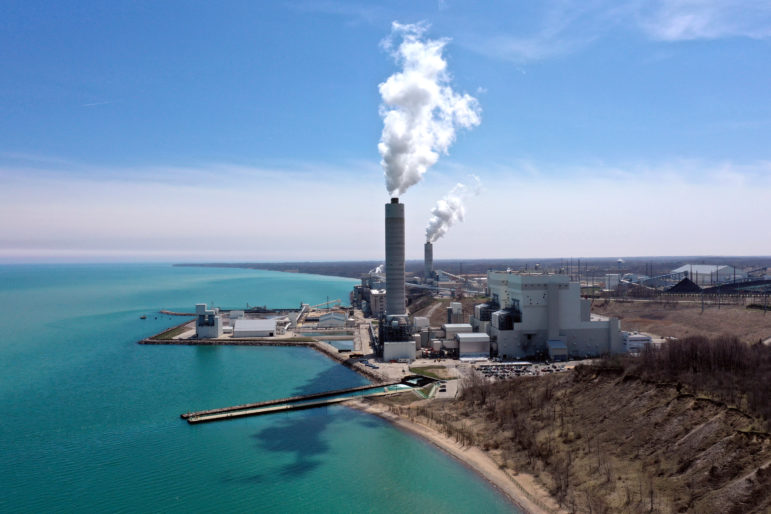The Federal Energy Regulatory Commission held a hearing in Washington, D.C. Thursday about the effect rail delays are having on coal deliveries — a pressing issue for utilities that serve Wisconsin.
Among those testifying before the commission was the vice president of Midcontinent Independent System Operators, which monitors the grid in the Midwest. Todd Ramey told commissioners that one-third of utilities his organization represents are conserving coal inventories. Many of those utilities have been affected not just by rail delays, but also last winter’s polar vortex.
“Some of the steps taken to maintain and restore coal piles included limiting output at certain coal-fired plants, and in a few cases taking some units completely offline,” he said.
News with a little more humanity
WPR’s “Wisconsin Today” newsletter keeps you connected to the state you love without feeling overwhelmed. No paywall. No agenda. No corporate filter.
Ramey said that coal conservation has increased electricity prices by almost 9 percent from a year ago.
A spokeswoman for Dairyland Power Cooperative, which provides electricity to roughly half a million people through 25 members across Wisconsin and the Midwest, said the organization is seeing higher costs.
“The higher cost of having to purchase electricity to compensate for this loss in generation from the marketplace, the cost to purchase coal, the lost revenue from the electricity we may have sold into the market had we been operating under our normal practices,” said Katie Thomson.
Thomson said coal deliveries to the cooperative’s Genoa plant have helped inventories in the last few months. But she said they’re still worried about rail shipments to their Alma plant.
Dairyland Power may conduct scheduled outages to ensure there’s enough coal to meet peak demand this winter, which could have a snowball effect for members like Bayfield Electric Cooperative. That cooperative’s CEO Diane Berweger said they buy electricity from Dairyland to serve their 8,900 members.
“If Dairyland Power can’t have an adequate coal supply, they will have to go out on to the market to purchase power, which will cost Bayfield Electric customers more money,” she said.
Berweger said they haven’t had a rate increase for three years, and they’re not looking to raise rates in 2015. For now, she said Bayfield Electric is absorbing costs passed to them by Dairyland Power.
BNSF Railway Vice President Steve Bobb told the commission that rail maintenance, expansion and increasing demand have contributed to delays. Bobb said utility customers requested around 286 million tons of coal for shipment this year, and BNSF is starting to gain ground.
“The increased availability of key resources — track, people and locomotives — is driving faster train speeds for late November and month to date,” said Bobb.
That’s not enough for some utility providers, who want to see the Surface Transportation Board promote more competition and transparency. Congress created the STB in the 1990s to oversee rail rates and service issues.
“If certain conditions are met — and that would apply to a significant service failure causing a regional problem of significant magnitude — we do have the authority to implement measures that would direct traffic or prioritize service,” said Michael Higgins, the deputy director of the STB Rail Customer and Public Assistance Program.
BNSF’s Steve Bobb said that regulatory action won’t help the railroad increase capacity. The company announced plans last month to invest $6 billion over the next year for maintenance and expansion in hopes of improving service.
Xcel Energy field supply operations director Craig Romer said the railroad is also working with them to ship 1,000 more tons of coal per train to Minnesota’s largest power plant.
“Because of their increased siding lengths and the amount of track they put in the ground, now they can handle the bigger-size trains and our facilities can unload those bigger-size trains that was built for that,” he said.
Romer is hopeful they’ve turned the corner. Bobb said they’re confident BNSF has laid the track necessary to keep commerce chugging along, no matter what winter throws their way.
Wisconsin Public Radio, © Copyright 2026, Board of Regents of the University of Wisconsin System and Wisconsin Educational Communications Board.







